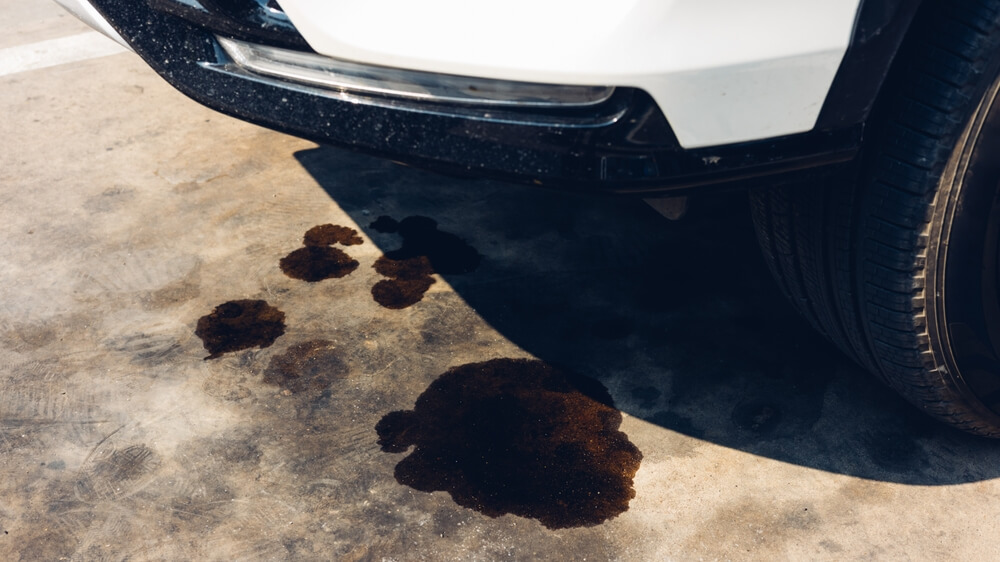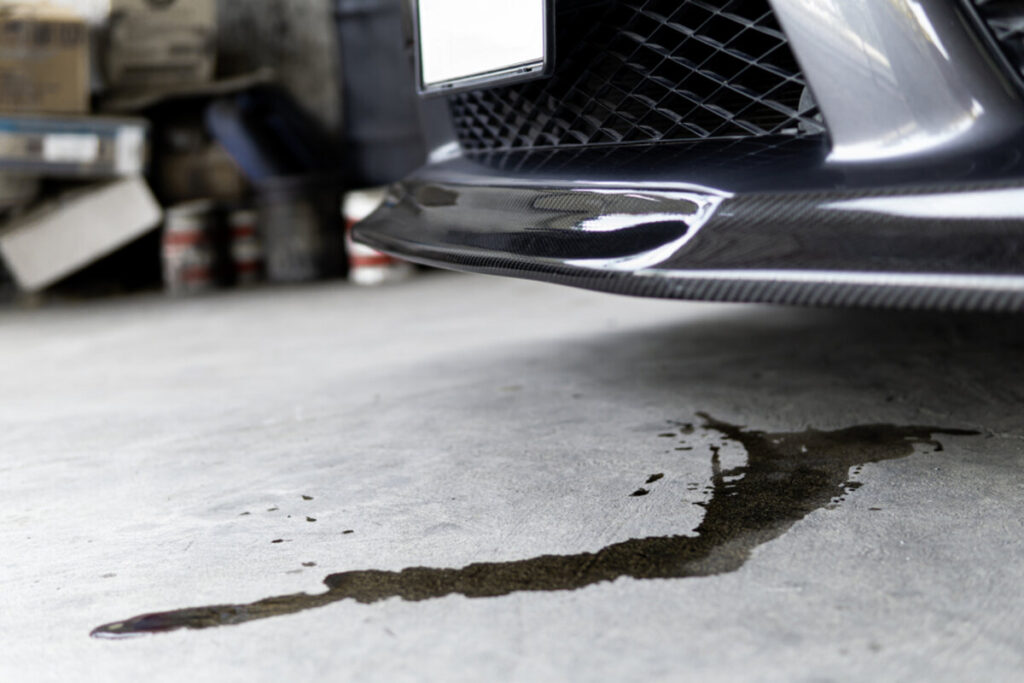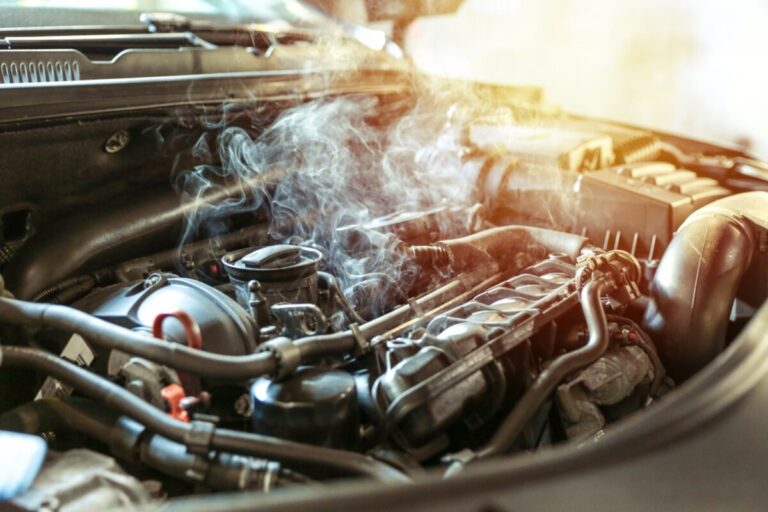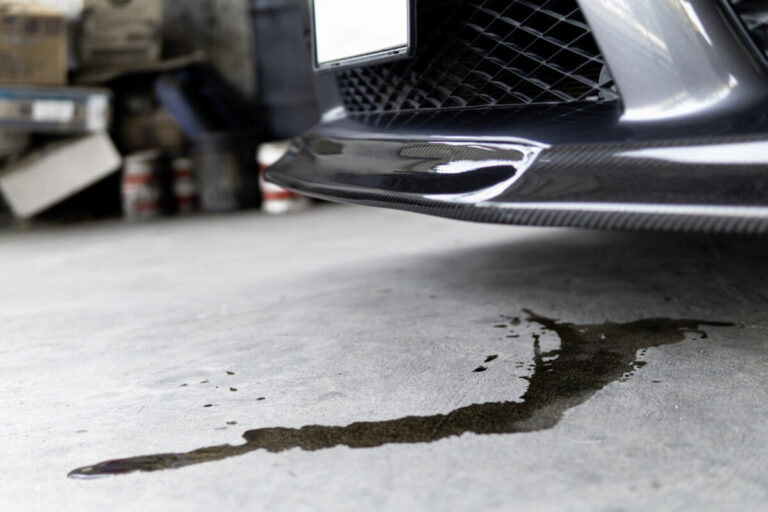If your BMW is leaking oil from the bottom, it’s more than just a messy problem—it could be a sign of serious engine issues. Oil leaks are one of the most common problems car owners face, and ignoring them can lead to costly repairs. To protect your vehicle and your investment, it’s crucial to understand why this happens and what steps to take next.
What Causes Oil Leaks in a BMW?
Oil leaks can occur for several reasons, especially in vehicles like BMWs that require precise maintenance and care. Let’s explore some of the most common causes.
Worn or Damaged Gaskets and Seals
BMW engines rely on several gaskets and seals to keep oil inside the engine and prevent leaks. Over time, these components wear out due to heat, pressure, and age, causing oil to seep out. Common areas where oil may escape include the valve cover gasket, oil pan gasket, and rear main seal.
- Valve Cover Gasket: This gasket seals the valve cover to the cylinder head, and when it wears out, oil can start leaking down the sides of the engine, potentially pooling at the bottom.
- Oil Pan Gasket: The oil pan holds the engine oil, and if the gasket between the oil pan and engine block fails, oil will leak from the bottom of your BMW.
- Rear Main Seal: This seal is located at the back of the engine, where the crankshaft exits the engine block. If it’s compromised, oil can leak from this point and drip down.
Cracked Oil Pan
In some cases, the oil pan itself can become cracked or damaged, particularly if your BMW has hit debris or suffered from rough road conditions. This leads to oil leaking directly from the bottom of the vehicle. A cracked oil pan is a more serious issue and typically requires a full replacement to resolve.
Faulty Oil Filter Housing
The oil filter housing, which attaches the oil filter to the engine, can also develop leaks. This can happen if the housing is not installed properly, or if the rubber gasket that seals it to the engine block wears out. A leak from the oil filter housing is often mistaken for other issues, as oil can drip down the engine and pool at the bottom.
Signs That Your BMW Is Leaking Oil
Identifying an oil leak early is crucial to preventing more significant engine damage. Here are a few signs to watch for:
Oil Spots Under the Car
The most obvious sign that your BMW is leaking oil from the bottom is the presence of oil spots or puddles beneath your car. If you park in the same spot regularly, take note of any new oil stains on the ground. These can range from small drips to larger pools, depending on the severity of the leak.
Burning Oil Smell
If oil leaks onto hot engine components, it can cause a distinct burning oil smell. You might notice this odor when driving, especially if the leak is severe. In some cases, you may also see smoke coming from under the hood.
Low Oil Levels
Frequent drops in oil levels, even after you’ve recently topped it off, can indicate a leak. It’s essential to regularly check your BMW’s oil level to catch this issue early. Running an engine with low oil levels can cause significant damage and lead to costly repairs.
Why You Shouldn’t Ignore an Oil Leak
Although it might seem like a small inconvenience, an oil leak in your BMW should never be ignored. Here’s why:
- Engine Damage: Oil is essential for lubricating your engine’s moving parts. Without sufficient oil, these parts can overheat and wear out, leading to costly repairs or even engine failure.
- Environmental Concerns: Leaking oil can contaminate the environment by seeping into the ground or washing into local water sources. It’s not only bad for your vehicle but also harmful to the environment.
- Safety Hazards: Oil leaks can create slick surfaces on your driveway or the road, increasing the risk of accidents. If oil reaches hot engine components, it could even start a fire.
How to Fix an Oil Leak in Your BMW
If your BMW is leaking oil from the bottom, it’s essential to address the issue as soon as possible. Here’s a general guide to fixing the problem.
Identify the Source of the Leak
The first step in repairing an oil leak is identifying where it’s coming from. If you’re comfortable working on your car, you can check common problem areas like the valve cover gasket, oil pan, and oil filter housing. However, it’s often best to leave this to a professional mechanic who can inspect your engine and find the exact cause.
Replace Worn Gaskets or Seals
If the leak is caused by a damaged gasket or seal, the best solution is to replace the faulty part. While some gasket replacements can be simple, others—like the rear main seal—can be more complex and expensive, requiring the removal of the transmission.
Repair or Replace the Oil Pan
In the case of a cracked or damaged oil pan, it will need to be either repaired or replaced. Depending on the severity of the damage, a mechanic may be able to fix the crack, but in many cases, replacement is the more reliable option.
Get Professional Help
Oil leaks can be tricky to diagnose and repair. If you’re unsure about the source of the leak or how to fix it, it’s best to take your BMW to a qualified mechanic. They can perform a thorough inspection and provide the right solution to keep your car running smoothly.
Conclusion

When your BMW is leaking oil from the bottom, it’s not a problem to overlook. From worn gaskets to a cracked oil pan, the causes of oil leaks can vary, but addressing the issue promptly is essential for preventing further damage. Contact Euroworx today to schedule a professional inspection and ensure your BMW remains in peak condition.




